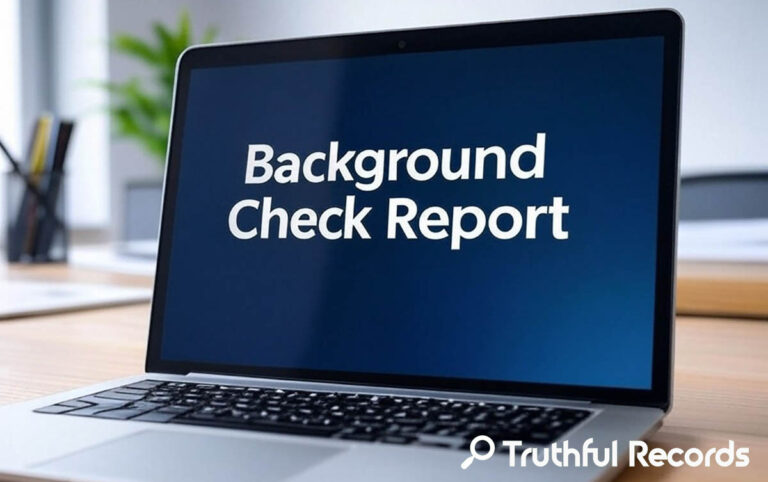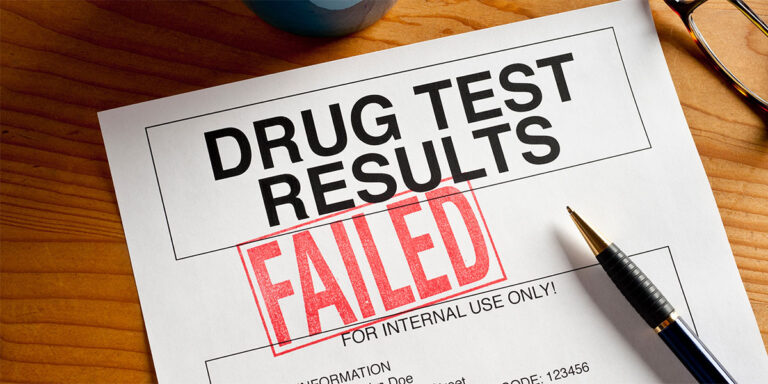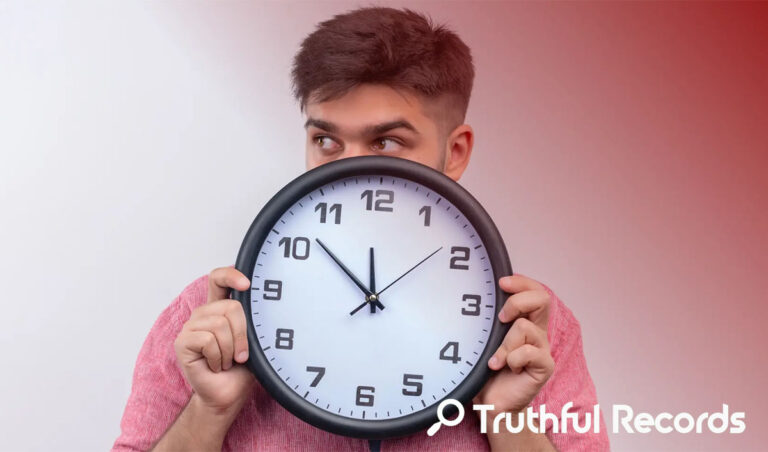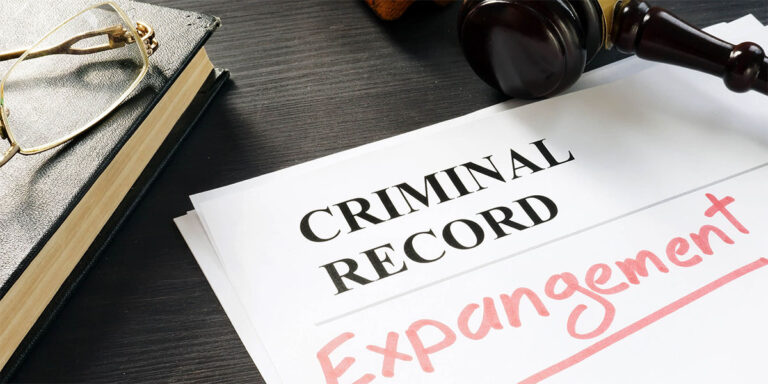What Disqualifies You From a Level 2 Background Check?
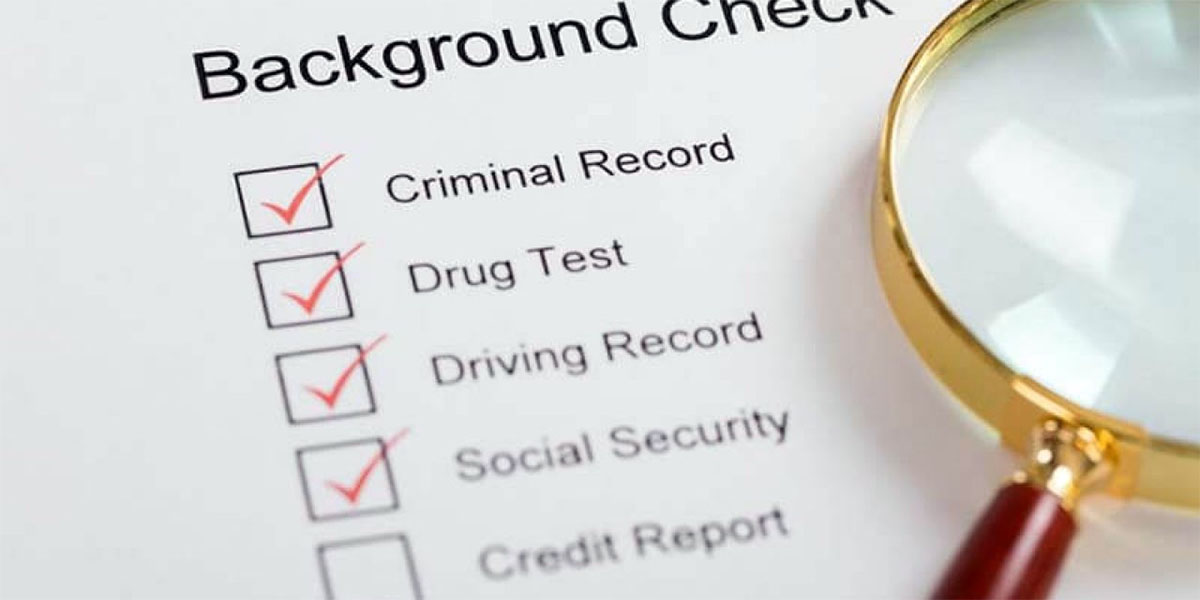
Level 2 background checks—ugh, they can be such a headache! But if you’re wondering what disqualifies you from a Level 2 background check, you’re not alone. It’s a big deal for a lot of jobs, especially those involving vulnerable people or security-sensitive roles. From criminal records to substance abuse, there’s a lot that can trip you up! Don’t worry, though—I’ve got you covered. Let’s break down exactly what you need to know to avoid getting caught off guard.
Introduction to Level 2 Background Checks
So, you’re about to face a Level 2 background check. Yikes! Don’t worry, it’s not as scary as it sounds, but it’s definitely something you want to understand. These checks are common for jobs in healthcare, schools, and positions where you might work with kids, the elderly, or anyone who needs extra care. Think of it as a deep dive into your past—basically, they’re looking to see if you’re trustworthy enough for these sensitive roles.
What Is a Level 2 Background Check?
Now, if you’re wondering what’s in a Level 2 check, let me break it down for you. It’s more than just a quick look at your criminal history. We’re talking fingerprinting, checking out your criminal record, and even verifying some of your personal details. Sounds intense, right? But it’s all for good reason! Employers and licensing agencies use these checks to make sure the people they’re hiring are up to scratch, especially when public safety is at stake.
Why Level 2 Checks Are Important
The thing is, though, not everyone passes a Level 2 background check. There are a number of things that can disqualify you! And yes, some of those things might surprise you. So, if you’re feeling a little anxious, I totally get it. But stick with me, and we’ll go through what could potentially hold you back, so you’re fully prepared. No surprises here!
Common Disqualifying Offenses for a Level 2 Background Check
Alright, now let’s get into the meat of it—what actually disqualifies you from a Level 2 background check? This is where things can get tricky. There’s a handful of offenses that could prevent you from passing, and I’m here to break them down for you. From past criminal activity to other issues that might pop up, it’s important to know exactly what they’ll be looking at. Trust me, it’s better to know ahead of time than to be caught off guard later.
Criminal History
First off, your criminal history. This is the big one! If you’ve got felonies or certain misdemeanors on your record, they could definitely disqualify you. Violent crimes, theft, fraud—it all comes into play. These offenses are taken very seriously when you’re applying for a job where public safety is involved. So, if you’ve got a record, be prepared to address it and explain the context, especially if you’re applying for a sensitive role.
Drug-Related Offenses
Next, let’s talk about drug-related offenses. These can be a major red flag. Even if it was years ago, if you’ve got a drug conviction on your record, it could hurt your chances. They’re especially concerned about offenses that involve selling or distributing, but even possession can raise concerns. Again, it’s all about trust when you’re dealing with vulnerable populations. If you’ve got a past in this area, it’s definitely something to be aware of.
Violent Crimes
Violent crimes are another biggie. If you’ve been convicted of assault, battery, or anything that falls under violent crimes, expect that to come up in your background check. These kinds of offenses are often a dealbreaker, particularly if you’re applying for jobs in schools, hospitals, or anywhere people might be at risk. If you’ve had a violent incident in your past, it’s important to understand how that will factor into the decision-making process.
Other Factors That May Lead to Disqualification
Okay, so we’ve covered some of the big ones, like criminal history and violent offenses. But there are other factors that could also come into play when you’re undergoing a Level 2 background check. These might not be as obvious, but they can still disqualify you. It’s not just about your past criminal behavior—it’s about your overall character and reliability. Let’s dive into these other areas you need to keep an eye on.
Theft and Fraud Crimes
If you’ve been involved in theft, fraud, or any kind of financial crime, this can raise some serious concerns for employers. Let’s face it, they’re not exactly keen on hiring someone who’s got a history of dishonesty, especially in roles where trust and integrity are key. Even something as simple as stealing from an employer or committing credit card fraud could show up and get you flagged during your check. So, if this is in your past, be prepared to explain it.
Child and Elder Abuse or Exploitation
Now, if you’re applying for any job that involves working with vulnerable populations—kids, the elderly, or the disabled—this is huge. Child abuse, elder exploitation, or anything in that ballpark will almost certainly disqualify you. These offenses are especially concerning in roles where the safety and well-being of others is on the line. If you’ve been convicted of anything related to abuse or exploitation, it’s likely that this will be a major red flag.
Firearms and Dangerous Weapons Offenses
Finally, let’s talk about firearms and dangerous weapons. If you’ve been convicted of an offense involving illegal weapons possession or the use of a firearm in a crime, that can disqualify you from passing the Level 2 background check. This is a big deal, particularly in positions where safety is a concern. Having a past involving weapons can seriously impact your eligibility for certain jobs, so it’s something to be mindful of if you’re applying for positions that require a high level of trust.
Can You Be Exempt From Disqualification?
So, you’ve found out that some of your past offenses might disqualify you from passing a Level 2 background check. Bummer, right? But don’t panic just yet! In some cases, you might be able to get an exemption or a waiver. It all depends on the nature of the offense, how much time has passed, and other factors like your rehabilitation efforts. Let’s take a closer look at how these exemptions work and what you can do if you’re in a tricky situation.
Understanding Exemptions and Waivers
While certain offenses may automatically disqualify you, there are opportunities for some people to apply for an exemption. For example, if you were convicted of a crime a long time ago and have since turned your life around, you might be able to request a waiver. This is more common with minor offenses or situations where you can show evidence of rehabilitation, such as completed community service, attending counseling, or maintaining a clean record for a significant amount of time.
How to Request an Exemption
Requesting an exemption isn’t as simple as just asking for one. It usually involves a formal process where you’ll need to provide evidence that supports your case. This could include court documents, character references, or proof that you’ve been a law-abiding citizen since the offense. The process can vary depending on the state or company conducting the check, but it’s worth exploring if you think you might be eligible. Always check with the specific organization to find out how to go about it.
Why Exemptions Matter
Getting an exemption can be a game-changer, especially if you’ve been trying to move forward after a past mistake. It’s not a guaranteed outcome, but it gives you a fighting chance if your record is holding you back. The key is proving that you’re a different person now and that the offense shouldn’t define you forever. If you do manage to get an exemption, it can open doors to employment and other opportunities that you might have thought were closed.
The Impact of a Level 2 Background Check on Employment and Licensing
Let’s be real—failing a Level 2 background check can be a huge setback, especially if you were banking on landing that job or getting a professional license. But it’s important to understand the impact these checks can have on your future opportunities. Whether you’re applying for a position in healthcare, education, or even certain types of government jobs, a Level 2 check is often a requirement. Let’s explore how a failed background check could affect your chances, and what it really means for your career.
How a Disqualification Can Affect Job Opportunities
First things first—if you’re applying for a job that requires a Level 2 background check, the results can make or break your application. Employers take these checks very seriously, especially when the position involves working with vulnerable people or handling sensitive information. If you fail the check due to a disqualifying offense, it could lead to an immediate rejection. Even if the offense was minor or years ago, it’s still something that can get in the way of you getting hired.
But here’s the kicker: some employers might still give you a shot, depending on the nature of the offense and the role you’re applying for. If it’s a minor issue, like a misdemeanor from years ago, they might be more flexible. However, for roles that involve a high level of trust, such as healthcare or education, a failed Level 2 background check can be a dealbreaker.
Impact on Professional Licensing
For many professional fields, a Level 2 background check isn’t just about getting a job—it’s about getting licensed. If you’re hoping to become a licensed healthcare professional, teacher, or work in law enforcement, passing this check is often non-negotiable. A disqualification could delay or completely prevent you from obtaining the necessary credentials. That can be frustrating, especially if you’ve invested time and money into your education and career goals.
Some licensing boards might offer you a chance to explain or appeal a disqualification, but that’s not always the case. Depending on your state and the severity of the offense, it may be a tough battle. If you do get disqualified, your best bet is to seek advice from a lawyer or the relevant licensing agency to see what your options are for moving forward.
The Importance of Passing the Check
In the end, passing the Level 2 background check is crucial for securing many jobs and professional licenses. It’s not just about passing a test—it’s about proving that you’re trustworthy, reliable, and fit for roles where others’ safety and well-being depend on your actions. So, if you’ve got a clean record and you’re good to go, you’re one step closer to achieving your career goals. But if your past is haunting you a little, it’s important to understand the potential impact and what steps you can take to work around it.
What to Do If You’re Disqualified From a Level 2 Background Check
So, you’ve been disqualified from a Level 2 background check—now what? It’s definitely not the news you were hoping for, but it’s not the end of the road either. There are steps you can take to move forward, depending on the situation. Whether it’s addressing the issue, appealing the decision, or simply trying again later, there are options available. Let’s walk through what you can do if you find yourself in this frustrating position.
Understanding the Reasons Behind Your Disqualification
First things first: make sure you understand exactly why you were disqualified. This might sound obvious, but sometimes the reason isn’t immediately clear. The organization or agency that conducted the check should provide you with a report outlining the specific offense or issue that led to your disqualification. This will help you figure out what went wrong and what you need to address. If you’re unsure about anything, don’t hesitate to reach out to them for clarification.
How to Appeal a Disqualification
If you think the disqualification is unfair, or if there’s something you can do to change the outcome, you might be able to appeal the decision. This process can vary depending on the state or company, but typically, you’ll need to provide documentation that supports your case. For example, you might need to show that the conviction was a long time ago and that you’ve since turned your life around. If you’ve completed any rehabilitation programs or maintained a clean record, be sure to provide that evidence. The more information you can provide to prove you’re a responsible, trustworthy individual, the better your chances of success.
Expunging or Sealing Your Criminal Record
In some cases, if your criminal record is the reason behind your disqualification, you might be eligible for expungement or sealing. This process essentially removes certain convictions from your public record, making it less likely that they’ll show up on background checks. However, not all offenses are eligible for expungement, and the process can be time-consuming and costly. If you think this is a viable option for you, it’s worth consulting with a lawyer to find out if your record qualifies.
Seeking Legal Advice
If you’re unsure of your next steps, or if the disqualification has seriously impacted your career, seeking legal advice is a smart move. A lawyer specializing in background check issues can help guide you through the appeal process, advise you on expungement, and even help negotiate with employers or licensing boards. They can also help you understand your rights and what you’re legally entitled to when it comes to disputing a failed background check.
Can I perform a Level 2 background check on myself?
Yes, you can perform a Level 2 background check on yourself! In fact, it’s a great idea to know exactly what might show up before an employer or licensing agency conducts their own check. By running a check on yourself, you can spot any potential issues and address them ahead of time. One convenient way to do this is through TruthFinder, a website that lets you run background checks on yourself or others. It’s simple to use, and you’ll get detailed reports that could include criminal history, public records, and more. By taking this proactive step, you’ll be better prepared and avoid any surprises down the line!
Conclusion
Well, there you have it! Understanding what disqualifies you from a Level 2 background check can be a bit overwhelming, but now you’re equipped with the knowledge you need. Whether it’s criminal offenses, drug convictions, or financial crimes, there are several factors that can impact the outcome. The key takeaway here is: don’t panic. If you’re disqualified, there are still options available to you—whether it’s appealing the decision, addressing past issues, or seeking a legal solution.
At the end of the day, passing a Level 2 background check is all about showing that you’re trustworthy and reliable. If you’ve got a clean record, you’re golden! But if there’s something on your past you need to address, remember that it’s not the end of the world. Stay proactive, understand your rights, and take the necessary steps to improve your chances. Good luck, and here’s to a smooth background check ahead!

